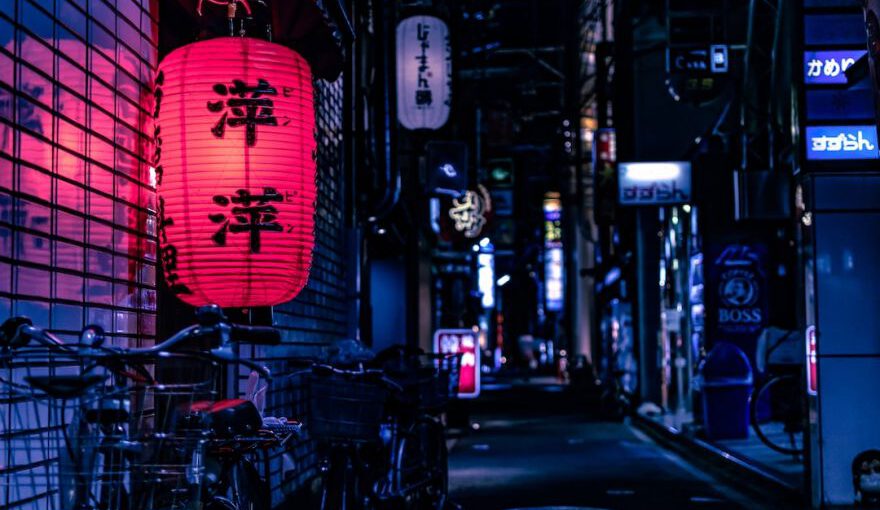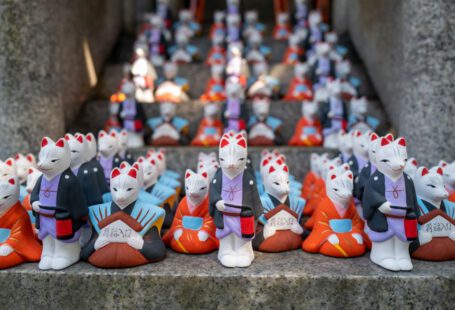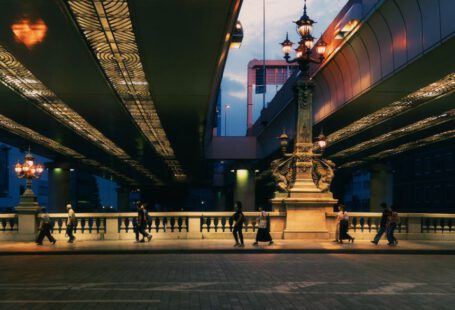Do’s and Don’ts for Visitors in Japan
Japan is a country rich in culture and traditions, and as a visitor, it is important to be aware of the do’s and don’ts to ensure a respectful and enjoyable experience. Understanding and adhering to the customs of the country will not only show respect for the local culture but also help you avoid any unintentional faux pas. Here are some essential do’s and don’ts to keep in mind when visiting Japan.
Do: Bowing is an integral part of Japanese culture and is used to greet, thank, and apologize. When meeting someone, it is customary to bow slightly, but the depth of the bow depends on the situation and the person’s rank or age. A deeper bow is expected when showing respect to elders or superiors.
Don’t: While bowing is important, hugging and kissing are not commonly practiced in Japan as a form of greeting. It is best to refrain from such physical displays of affection, especially when meeting someone for the first time.
Do: Take off your shoes when entering someone’s home or certain establishments like traditional ryokans or temples. This is a common practice in Japan and a sign of respect. Look for shoe racks or genkan areas where you can leave your footwear before stepping onto the tatami mats.
Don’t: Avoid pointing with your finger when referring to someone or something. Instead, it is customary to use an open hand or gesture with your whole hand to indicate a person or direction. Pointing with your finger is considered impolite in Japanese culture.
Do: Be mindful of your volume when speaking in public spaces, such as trains or restaurants. Japanese people generally speak softly in public, and being too loud can be seen as disruptive or rude. It is always best to be considerate of others and keep your voice at a moderate level.
Don’t: It is important to note that tipping is not customary in Japan. In fact, it can be considered rude or confusing. The service charge is usually included in the bill, so there is no need to leave extra money. Simply pay the amount stated on the bill and thank the staff for their service.
Do: Respect the rules and regulations of public transportation. When using trains or buses, it is important to line up and wait patiently for your turn. Pushing or cutting in line is seen as disrespectful and can cause inconvenience to others. Make sure to also give up your seat for elderly or pregnant individuals if necessary.
Don’t: Avoid eating or drinking while walking in public. In Japan, it is common to eat in designated areas like restaurants or food stalls. Eating while walking is considered impolite and messy. Take the time to sit down and enjoy your meal or snack in a suitable location.
Do: Familiarize yourself with basic Japanese etiquette, such as saying “arigatou gozaimasu” (thank you) and “sumimasen” (excuse me) when appropriate. Using these phrases shows your respect and appreciation for the local culture.
Don’t: Refrain from blowing your nose in public. It is considered impolite and unhygienic. If you need to blow your nose, it is best to excuse yourself and find a private area, such as a restroom, to do so.
By following these do’s and don’ts, you can ensure a more enjoyable and respectful experience during your visit to Japan. Remember, immersing yourself in the local culture and adhering to their customs will not only make you a welcomed guest but also leave a positive impression on the people you encounter.





